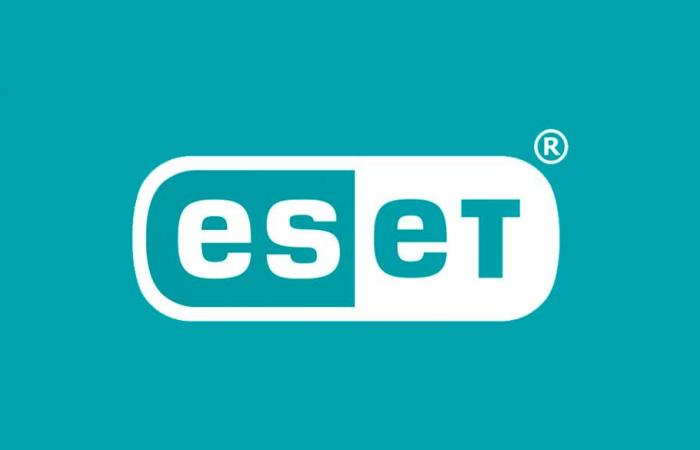Par
Nessrine Khlass
| 4 hours ago
Facebook
Twitter
LinkedIn
WhatsApp
The holiday season is ripe for online fraud due to the increased volume of online purchases. This increase in commercial traffic creates a favorable environment for scammers who take advantage of several factors: high volume of transactions, increased search for deals by consumers, more legitimate marketing communications, and general rush of buyers. It is therefore essential to be extra vigilant during this period.
Top 10 Holiday Scams
Cybercriminals are effectively leveraging digital tools to orchestrate massive frauds at low cost, primarily through phishing via email, SMS, social media and malicious advertising. Here are some points to watch out for:
Gift Cards : Selling stolen or counterfeit cards at reduced prices, or used as bait in other scams.
Faux sites web : Sites imitating legitimate retailers to steal personal and financial data.
Misleading offers : In-demand items sold at knockdown prices on social media, requiring immediate payment, but without delivery.
Electronic greeting cards : Fake cards containing malicious links or asking for personal information.
Fraudulent calls : Impersonation of companies or organizations to obtain personal information.
Fake shipment : Messages impersonating shipping companies to obtain personal data or install malware.
Fake draws : Fictitious competitions aimed at collecting personal data.
Fake charities : Fraudulent donation solicitations via phishing sites.
Travel scams : Advertisements for non-existent travel services (flights, accommodation, rentals).
What preventive measures should be adopted?
Here are our tips for avoiding unpleasant surprises this holiday season.
- Secure your accounts with strong passwords and enable multi-factor authentication
- Stay vigilant in the face of overly tempting offers
- Never communicate sensitive information following unsolicited contact
- Keep your systems up to date
- Use a reliable antivirus and phishing filter
- Prefer payment by credit card to transfers
- Check the authenticity of URLs and senders
- Validate delivery notifications directly with carriers and in their applications
What to do in case of a scam?
If the worst happens, there are a few steps you can take to minimize the consequences:
- Report the incident to the appropriate authorities
- Contact your bank and block your cards
- Break all contact with the scammer
- Change compromised passwords
- Preserve evidence of fraud
Generative AI makes it easier to create sophisticated scams, be extra vigilant.
Happy New Year holidays to all.
Source: press release
Facebook
Twitter
LinkedIn
WhatsApp
What is happening in Tunisia?
We explain on our YouTube channel. Subscribe!







